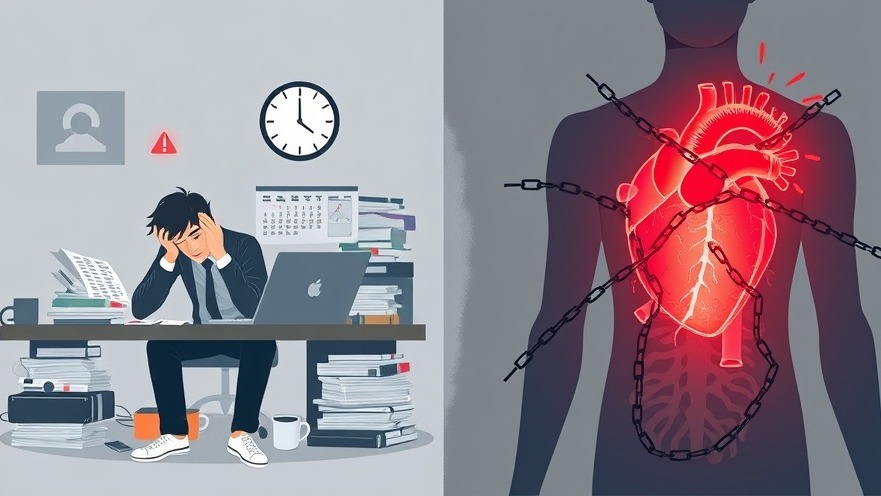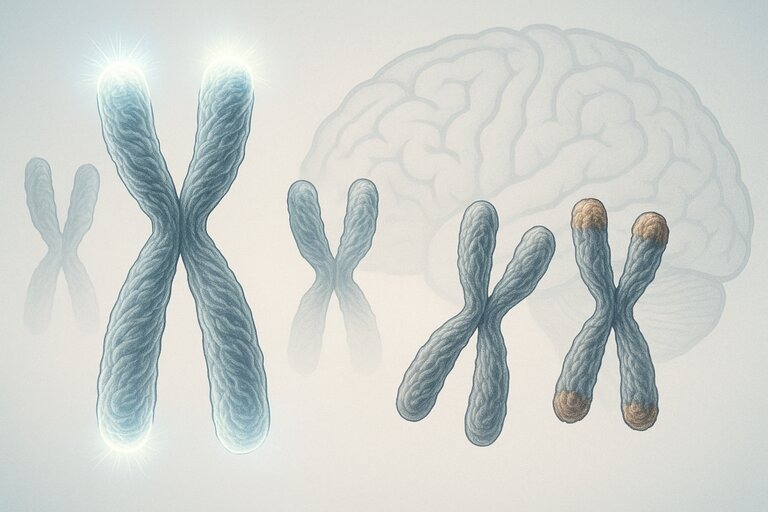
Understanding Burnout: A Closer Look
Burnout is more than just feeling tired or overwhelmed; it’s a state of emotional, physical, and mental exhaustion caused by prolonged stress.
In our fast-paced world, where balancing work, family, and personal life can feel impossible, understanding how burnout affects us—including our heart health—is crucial.
Research shows that increased levels of stress can lead to significant health issues, particularly relating to the heart.
The Surprising Connection Between Burnout and Heart Health
A recent study published in the European Journal of Preventive Cardiology highlights a concerning link between burnout and heart problems.
The term "vital exhaustion," which is closely associated with burnout syndrome, was emphasized in this research.
A survey conducted among over 11,000 participants revealed that those experiencing high levels of vital exhaustion are 20% more likely to develop atrial fibrillation—an irregular heartbeat condition.
Dr. Parveen K. Garg, the study’s lead author, explains that vital exhaustion happens when stress from work or home becomes overwhelming.
This condition activates the body’s stress response and leads to increased inflammation, which can harm heart tissue over time, resulting in serious arrhythmias.
Combating Burnout: Clear and Simple Strategies
Knowing what burnout can do to our hearts reminds us to prioritize our mental and emotional health. Here are a few strategies that can help:
Mindful Breaks: Taking time each day for mindfulness practices, whether it’s through meditation, breathing exercises, or simply stepping outside for some fresh air, can help reduce stress.
Social Connections: Maintaining healthy social support is essential. Reaching out to friends or family for support can alleviate feelings of isolation and stress.
Physical Activity: Regular exercise is a powerful tool against burnout. Activities such as walking, yoga, or joining community sports help improve both mental and physical well-being.
Balanced Nutrition: Eating a balanced diet filled with fruits, vegetables, whole grains, and lean proteins can fuel your body and help manage stress levels.
The Future of Heart Health: Prevention Through Awareness
As more studies underscore the connection between mental health and physical health, the future looks promising.
With increased awareness, we can work towards reducing the stigma surrounding mental health and encouraging proactive measures like stress management techniques, regular check-ups, and open conversations about feelings and stress.
These actions can lead to better overall health outcomes.
Inspiration from Heart Health Advocates
Many public figures and health advocates highlight the importance of addressing mental wellness as part of heart health.
For instance, famous author and wellness educator, Brené Brown once stated, "Vulnerability is the birthplace of innovation, creativity, and change."
This encourages us to embrace our struggles with burnout and turn towards growth and healing.
Final Thoughts: Embrace a Holistic Approach
The implications of burnout extend beyond psychological distress, affecting our heart health significantly. It’s vital for residents of Sacramento and beyond to take these findings seriously.
By recognizing burnout's impacts and integrating stress management strategies into daily life, we can foster a healthier community.
Remember, prioritizing mental health is equally as important as caring for our physical bodies. Together, we can mitigate burnout and promote well-being for everyone.
To maintain your heart and mind’s health, start implementing small changes in your routine today. Every effort counts toward a healthier future!
 Add Row
Add Row  Add
Add 




 Add Row
Add Row  Add
Add
Write A Comment